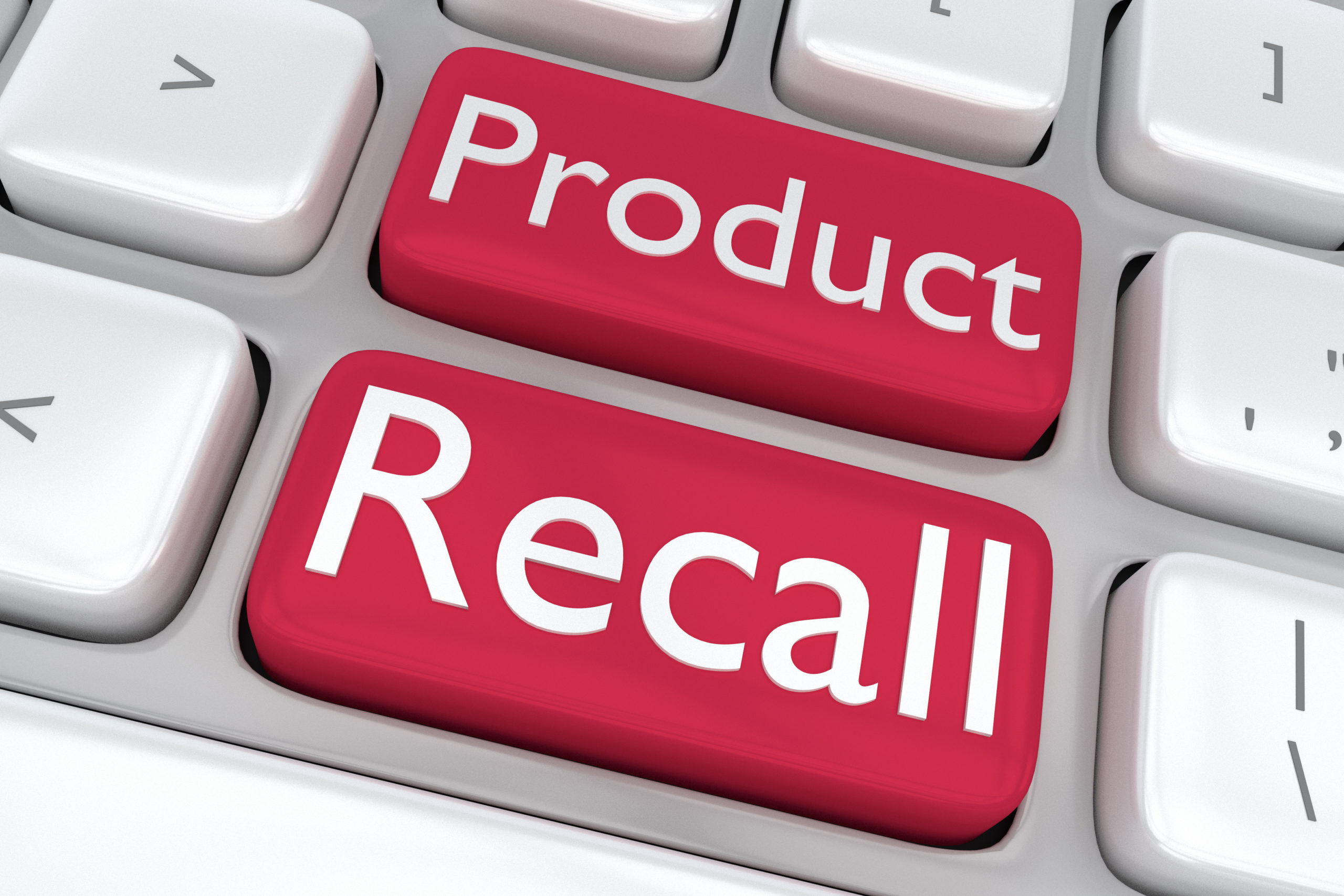Toddlers at High Risk of Prescription Drug Poisoning
The increase of prescription drug use among adults has led to a rise in prescription drug poisoning among children. In 2010, enough prescription painkillers were prescribed in the U.S. to keep every adult medicated around-the-clock for a month. This rise in prescription drug use—and abuse—in the U.S. poses a serious threat to toddlers, who are at the highest risk for accidental poisoning.
Between 1999 and 2009, unintentional poisoning deaths have increased by more than 150%. Approximately 87 people die every day in the U.S. as a result of accidental poisoning, and there are more emergency room visits from pediatric unintentional poisonings than car accidents in the U.S.
Young children are able to find medications on counters, in purses, and in other spots around the house. Childproof seals help to minimize the risk, but the bottles are far from impenetrable—especially if the cap is left unsealed. Eighty percent of poisoning incidents occur when a child ingests prescription drugs when an adult is not looking.
Children under 5 years old are at the greatest risk for accidental prescription drug poisoning, making up more than half of all unintentional poisoning incidents. They are most likely to be poisoned by diabetes medication, blood pressure medication, or beta-blockers, and the most serious cases involved narcotic painkillers and diabetes drugs.
When children are in the house, always:
- Put medicines away immediately after use
- Listen for the click to make sure the safety cap is sealed
- Dispose of unused or expired prescription medication
- Ask houseguests to keep purses, bags, or coats up away and out of sight if they are carrying prescription medication
- Keep medications stored high up, out of the reach of children
- Ideally, store medicine in locked boxes to keep children out (especially for cold medicines or opiod pain medications like hydrocodone)
- Turn on the light when taking or administering medicine
- Participate in drug take-back events to get rid of expired and potentially dangerous medicines
When children are around, never:
- Keep medication on countertops, even for a moment
- Keep medication in a purse
- Keep medication on your nightstand
- Tell children that medicine is candy to get them to take it
- Put medication in open trash containers where pets and small children can find it
Avoid taking medications in front of young children, who are likely to imitate adults. If a child has ingested prescription drugs, immediately call 1-800-222-1222. The Poison Center hotline is open 24 hours a day, and a trained representative will be on hand to give you free, confidential medical advice.


















